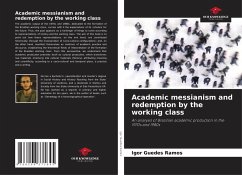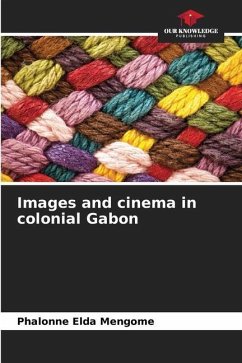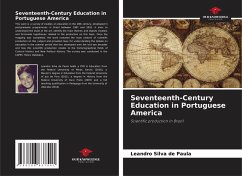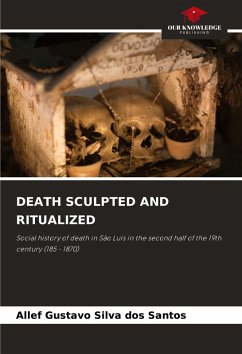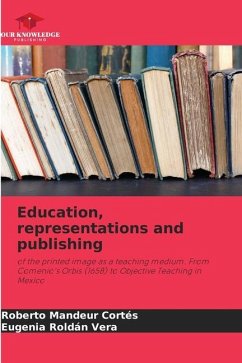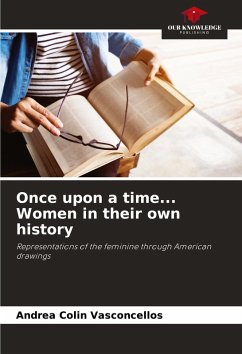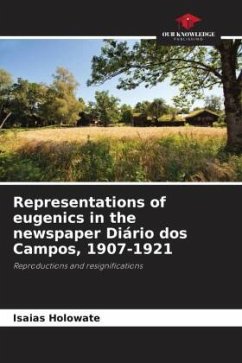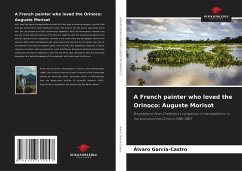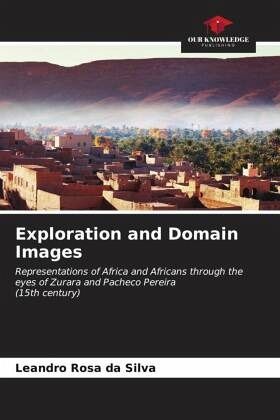
Exploration and Domain Images
Representations of Africa and Africans through the eyes of Zurara and Pacheco Pereira(15th century)
Versandkostenfrei!
Versandfertig in 6-10 Tagen
56,99 €
inkl. MwSt.

PAYBACK Punkte
28 °P sammeln!
This book discusses the narratives created as an instrument of power. In other words, it addresses those discourses that constructed images of the 'other' and their territories in order to justify Lusitanian exploration and domination of the west coast of Africa in the 15th century. To this end, it presents some continuities and discontinuities in the legacies of the medieval imaginary about Africa and Africans through the accounts of Gomes Eanes de Zurara and Duarte Pacheco Pereira in their respective works: the Chronica do descobrimento e conquista de Guiné and the Esmeraldo de situ orbis. ...
This book discusses the narratives created as an instrument of power. In other words, it addresses those discourses that constructed images of the 'other' and their territories in order to justify Lusitanian exploration and domination of the west coast of Africa in the 15th century. To this end, it presents some continuities and discontinuities in the legacies of the medieval imaginary about Africa and Africans through the accounts of Gomes Eanes de Zurara and Duarte Pacheco Pereira in their respective works: the Chronica do descobrimento e conquista de Guiné and the Esmeraldo de situ orbis. Throughout this work, we will focus on those representations that placed the territorial and cultural references of the Portuguese in perspectives of alterity with the views directed at sub-Saharan peoples and territories. Particularly in the region that was known as Guinea during the four-century navigations. Thus, this research also seeks to broaden our knowledge of the Portuguese maritime expansion, as well as the relations of alterity and identity that took place during the first contacts of this period.



